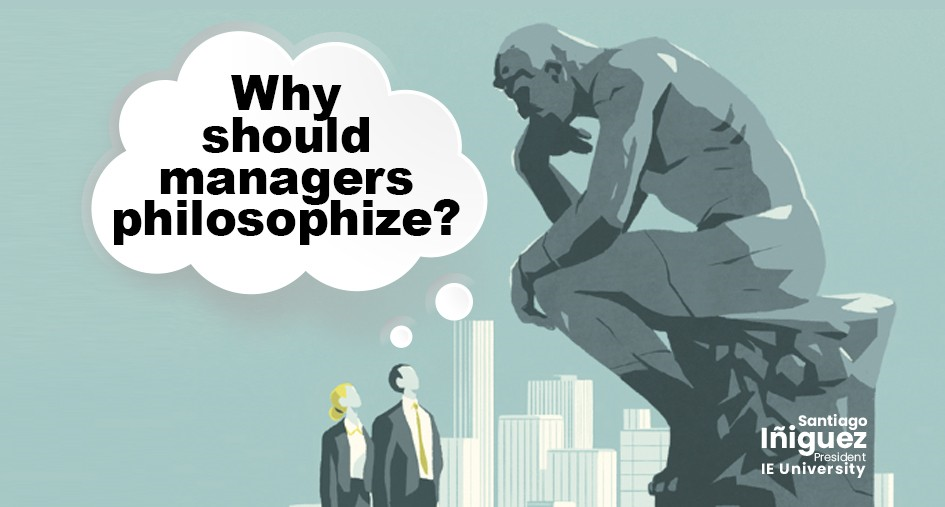Curated by the Knowledge Team of ICS Career GPS
Education

(Image Credit: Getty)
How to clear COVID-19 brain fog
Excerpts from article by Andrew E. Budson, published in Harvard Health Blog
Brain fog is not a medical or scientific term; it is used by individuals to describe how they feel when their thinking is sluggish, fuzzy, and not sharp. We all experience this feeling from time to time. In times like these you probably just waited to get back to normal.
How COVID-19 affects the brain
Many people who have recovered from the acute, life-threatening effects of COVID-19 still don’t feel that their thinking and memory are back to normal. There are many ways that COVID-19 can damage the brain. Some can be devastating, but other effects may be more subtle, such as brain fog.
Tips to clear brain fog
- Perform aerobic exercises: You may need to start slow, perhaps just two to three minutes a few times a day. It’s generally recommended you work out 30 minutes a day, five days a week.
- Eat healthy meals: A healthy diet including olive oil, fruits and vegetables, nuts and beans, and whole grains has been proven to improve thinking, memory and brain health.
- Avoid alcohol, other substances: Give your brain the best chance to heal by avoiding substances which can adversely affect it.
- Sleep well: Sleep is a time when the brain and body can clear out toxins and work toward healing. Make sure you give your body the sleep it needs.
- Participate in social activities: We are social animals. Social activities benefit our moods, but they help our thinking and memory as well.
- Pursue other beneficial activities: Engage in novel, cognitively stimulating activities, listening to music, practising mindfulness and keeping a positive mental attitude.
Career

(Image Source: LinkedIn)
Why should managers philosophise?
Excerpts from article Santiago Iniguez, published on LinkedIn
Management is an action-oriented profession. One of the chief characteristics of a good manager is being able to take decisions quickly, manage meetings efficiently and generally to drive improved productivity. Time is one of the scarcest and most valuable resources in the world of management and must be administered efficiently.
Most business leaders would agree that speed and ability to maximise use of time to the point when competitors copy products or services is the best way to protect an innovation.
Role of philosophy
Philosophy addresses the basic questions of our existence, our identity, our role in the world and the models for living that might inspire our actions. It also prompts us to explore the fundamental values we share with the society we live in, such as ideals of liberty, justice and equality, liberal democracy, the law and the free market.
Find the balance
If we are to carry out our professional duties and function better at the emotional level, we need to find the balance between management’s orientation toward action and thinking about our ideals, values and principles, which not only give meaning to life but also to our work. Reflection and action are two sides of the same coin.
Presence of philosophy
The presence of philosophy, of our values and principles, in every aspect of human life is unavoidable, including when we practise management. It is essential that we understand that business decisions are not just based on theories or models, but they also reflect a world view of how companies should operate. In short, they follow a certain philosophy of management.
Human element in management theories
Business educators and executives have increasingly recognised the importance of building management theories and models on the basis of values and principles.
The increasing awareness among all business stakeholders of the need to connect management and philosophy has encouraged business schools to introduce Humanities courses.
Our behaviour and our decisions at work and in our personal lives always respond to certain values and principles. It’s a good idea to identify and analyse them, to make them more explicit, as well as to better understand if we are acting consistently or contradictorily.
(Disclaimer: The opinions expressed in the article mentioned above are those of the author(s). They do not purport to reflect the opinions or views of ICS Career GPS or its staff.)



